10% Of All Geely Group Cars Sold In 2020 Were Electrified
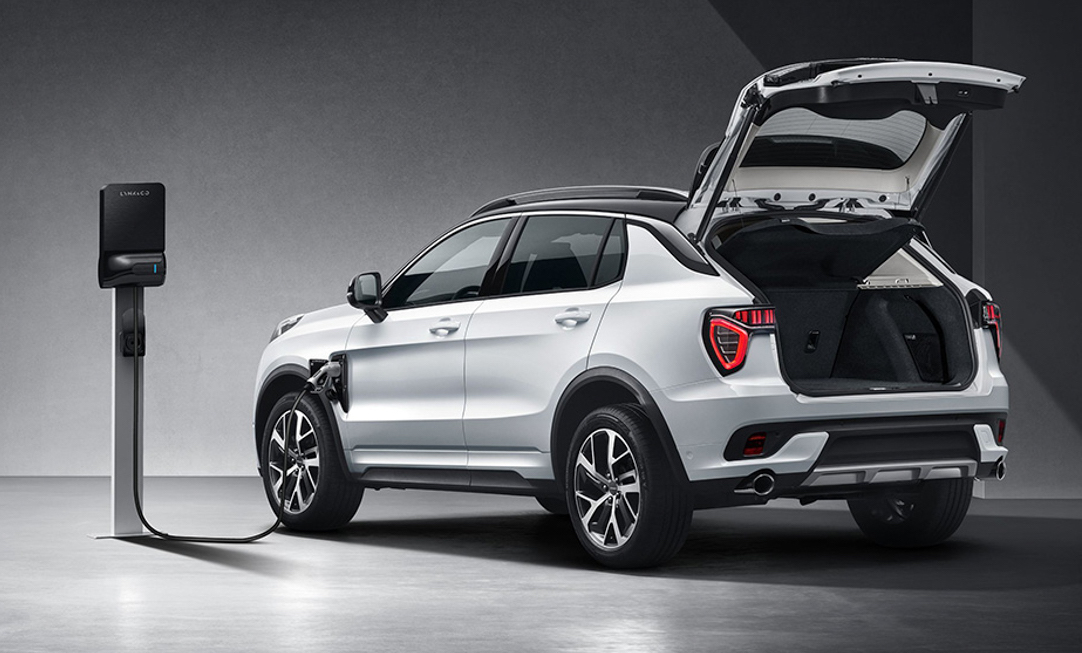
This figure includes cars from Geely, Volvo, Lynk & Co and a few others, but unfortunately not Proton.
The Zhejiang Geely Holding Group has recently announced that nearly one in ten vehicles sold by its brands in 2020 were ‘of pure electric or hybrid powertrains’. Contributing to this rather admirable electrification figure were cars sold by Geely, Volvo, Polestar, Lynk & Co, LEVC and even Farizon, but unfortunately not Proton.
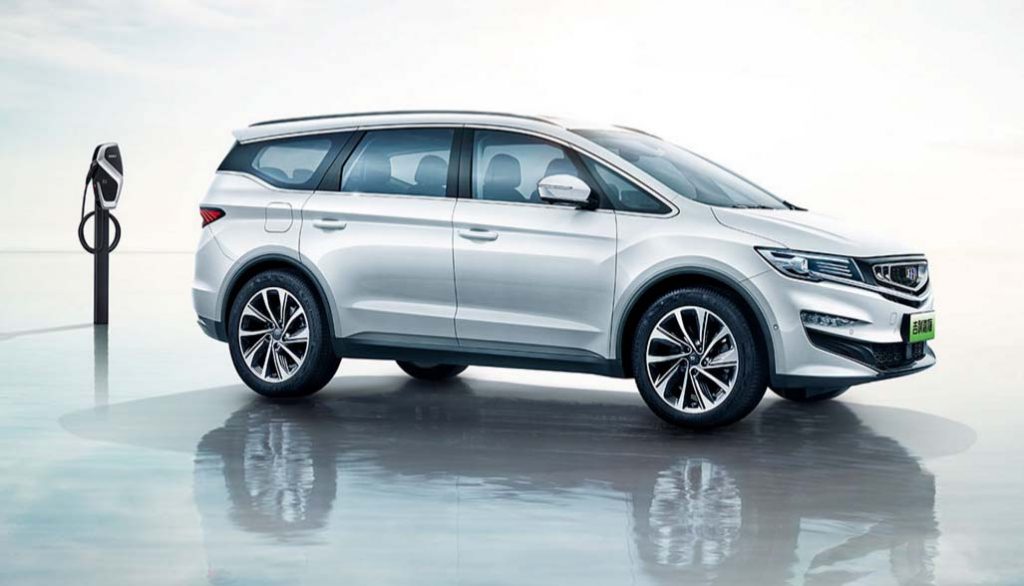
Kicking things off with the flashier numbers touted by bigger EV players in the Geely Group’s auto empire, Volvo has managed to double the sale of its electrified Recharge variants in 2020 compared to 2019. Last year also saw the Swedish automaker become the leading brand in Europe for chargeable cars, as well as being the top plug-in hybrid marque in North America.
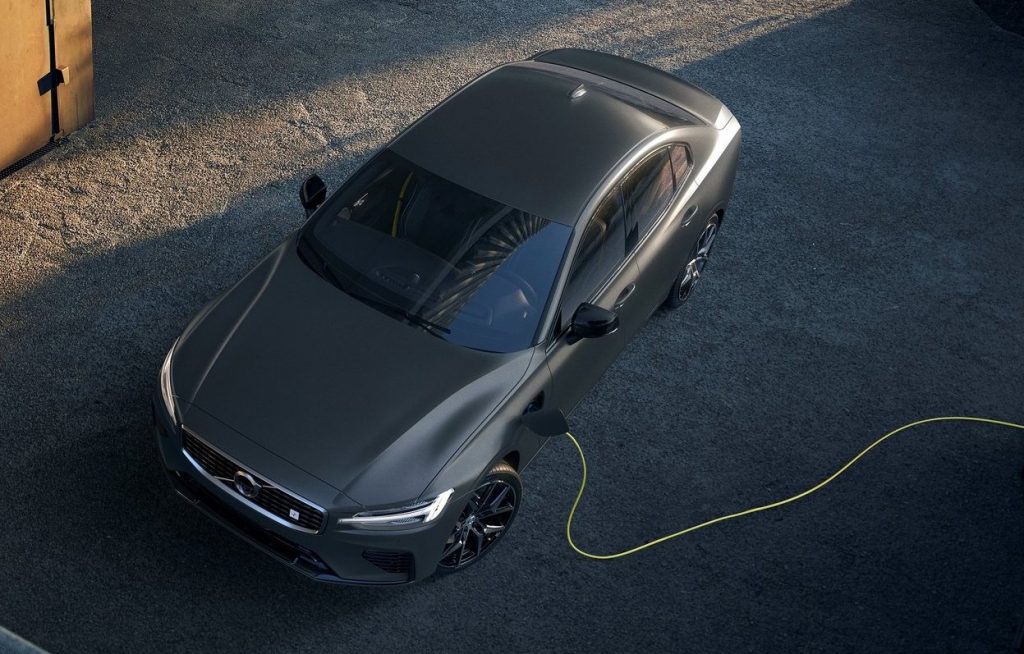
Speaking of Volvo, one of the other marques to make a large contribution towards the Chinese auto conglomerate’s electrification sales statistic would be the rather Volvo-esque Polestar. With deliveries of its Tesla Model 3 rivalling Polestar 2 only beginning in the second half of last year, this all-electric crossover soon attained critical acclaim and reasonable commercial success in the (small number of) regions where it was sold.
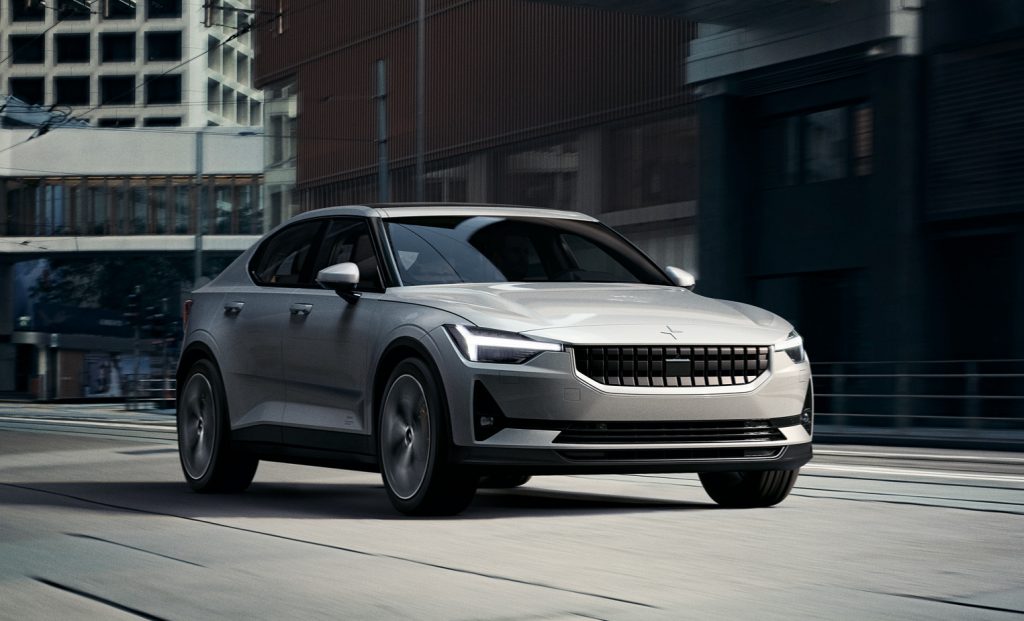
Taking a slight tangent to talk about commercial vehicles, Geely’s commercial vehicle arm and its subsidiaries LEVC and Farizon have also launched a flurry of new electrified commercial vehicles that includes ‘zero-emission range-extended taxis and vans, pure electric light trucks, hydrogen fuel cell passenger buses, and more specialised electric vehicles’. Furthermore, these works vehicles are not only meant for its home market of China, but have also penetrated international markets too courtesy of collaborative partnerships signed in ‘European, Korean, and Middle Eastern markets’ over the last year.
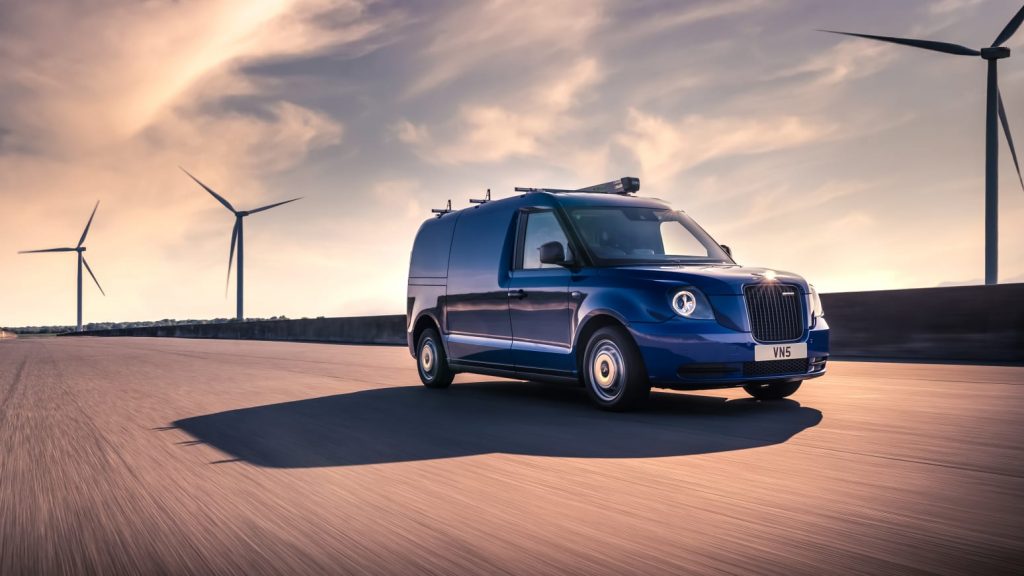
As for Geely itself meanwhile, the best-selling Chinese automaker has invested heavily in offering a variety of hybrid, plug-in hybrid and fully electric vehicles in the various market it serves. In fact, a majority of its current lineup back in its home market does offer a selection of electrified variants to complement its conventionally powered counterparts.
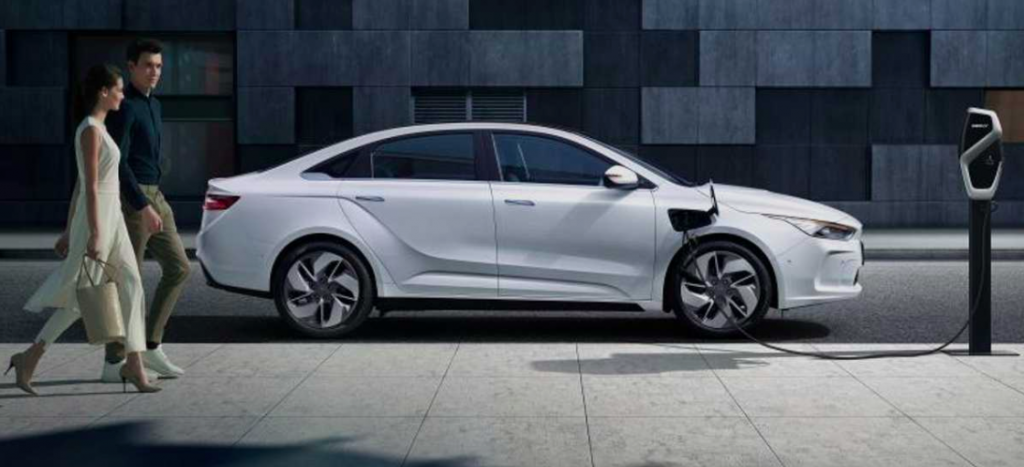
Moreover, the conglomerate in which the brand takes its name does look to rather bright electrified future ahead, especially with the recent unveiling of its new open-source pure electric Sustainable Experience Architecture (SEA) at the Beijing Auto Show last year. Set to debut in the new Lynk & Co Zero later this year, this new platform has been touted to set the automaker up as not only be a ‘mobility technology service provider’, but perhaps more importantly it also opens the door for the Chinese auto giant to be an OEM producer of EVs for other brands too.
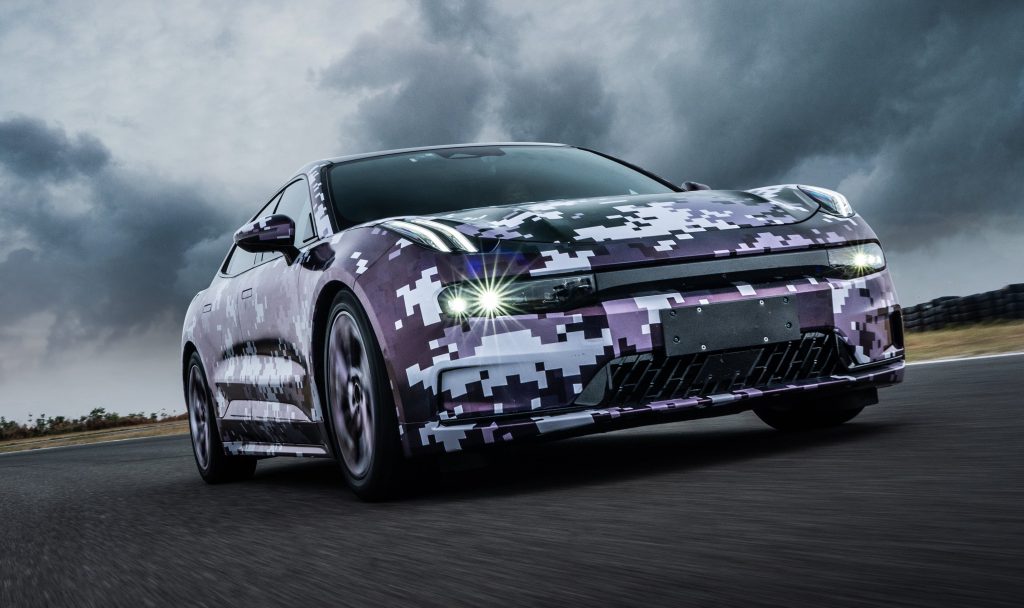
Now all this talk about the Geely Group’s vision for a sustainable (electrified) future does nevertheless beg the question as to how Proton will fit into it. Seeing as the Chinese auto giant has already pivoted Lotus hard down the route towards electrification too, it is perhaps reasonable to ask when its past parent company of the British sports car manufacturer will receive some electrification in its lineup?
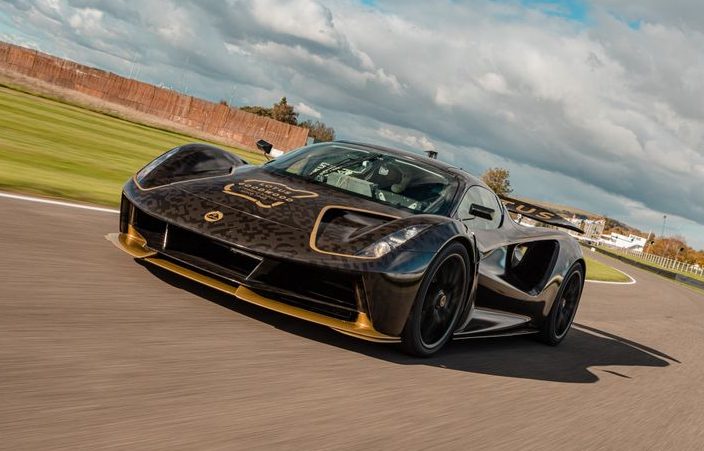
While it is perhaps understandable that its older locally-developed models are perhaps not suited for an electrification conversion as they themselves should be updated any day now, this argument doesn’t really apply to the two of the latest models that were launched by Proton after the Geely takeover. That is because both the X70 and X50 both have electrified variants (mild-hybrid for the X70/Boyue and a 48 V PHEV for the X50/Binyue) in other markets where it is sold as a Geely. What exactly then is holding Proton back from offering these powertrain options locally?
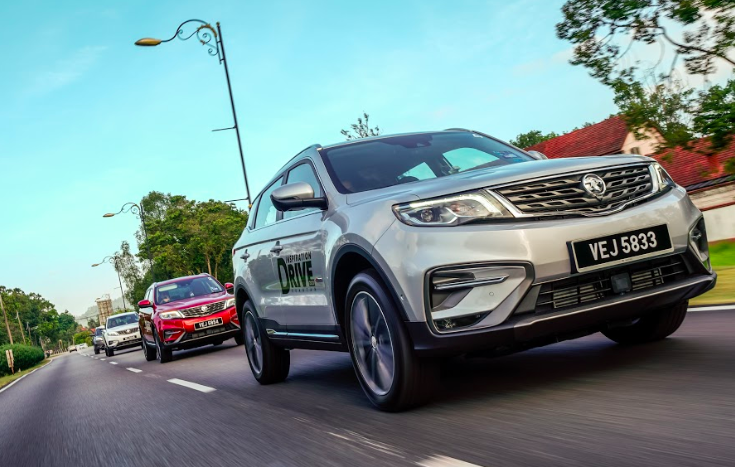
Granted, there is perhaps an argument to be had about the cost of electrification, though it is worth remembering that both these wildly popular Protons are not really the cheapest cars around. Additionally, there are some who bring up a reasonable point regarding the complexity of the hybrid system, but these new turbocharged engines and dual-clutch transmissions found under the hood of both the X50 and X70 don’t seem to faze the thousands of buyers still queuing up round the block to get one.
To put it succinctly, Proton has the technology and will most likely have the demand to justify electrifying its lineup. So why isn’t there already an X50 PHEV on the roads of Malaysia today?
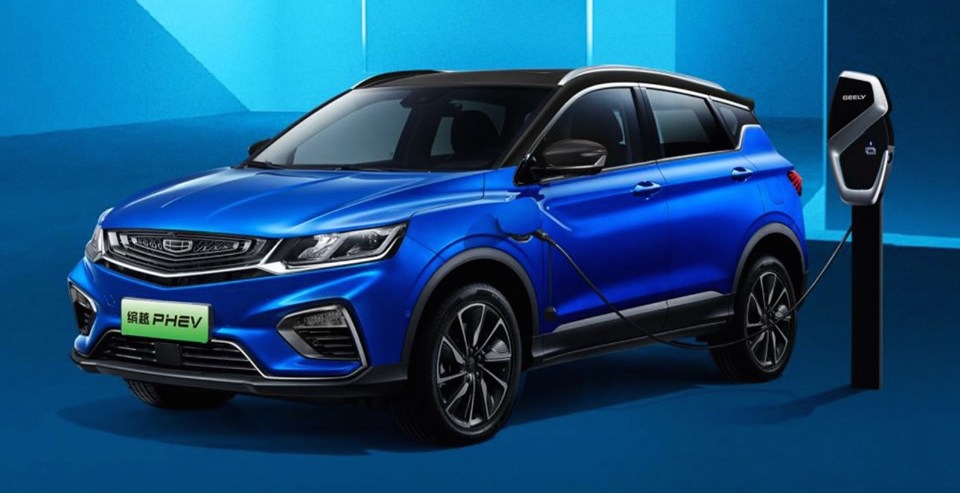
PRESS RELEASE: Nearly one in ten vehicles sold by Geely Holding’s brands in 2020 were of pure electric or hybrids powertrain. Compared to just a few years ago when electrified vehicles were barely a couple of per cent of sales, achieving nearly 10% of annual sales in electrified vehicles is a proud advancement.
Geely Holding’s vision is for a “sustainable future” and guided by this vision, Geely’s brands have all taken steps towards an electrified future. With each of its brands serving consumers in different markets with different needs, Geely Holding has pursued a strategy of developing products with varying levels of electrification (pure electric, PHEV etc.) rather than going with a one-size fits all purely electric route.
Despite chaotic market conditions in 2020 with production shutdowns and extended lockdown measures for Covid-19, Volvo Cars saw global sales of its plug-in hybrid and pure electric Recharge models grow exponentially. With a goal of having 50% of the brand’s sales coming from electrified vehicles by 2025, the progress Volvo has made last year alone gives some assurance that the brand will reach its goal ahead of schedule.
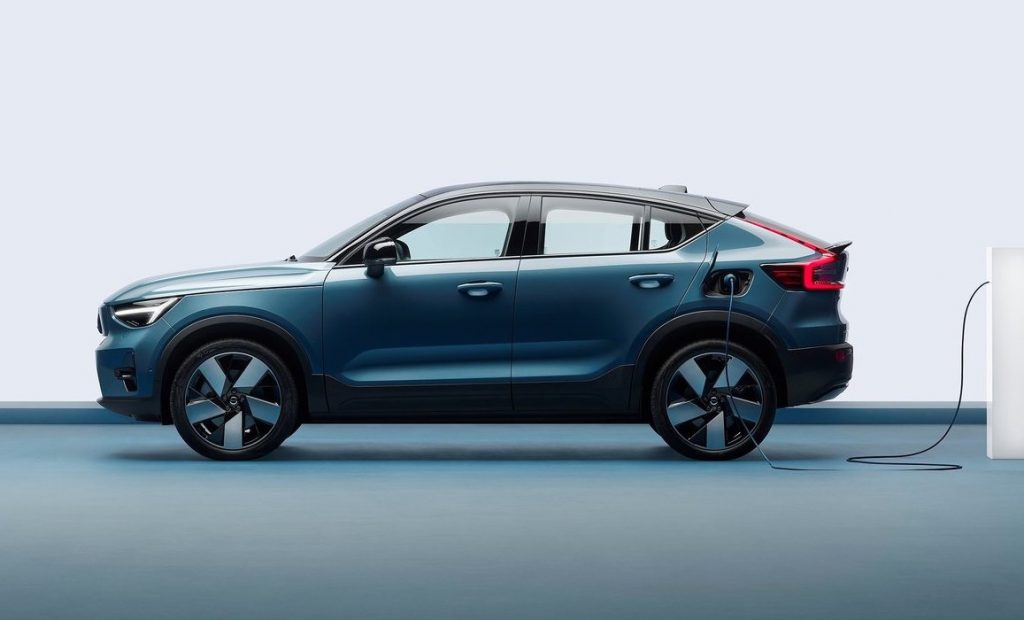
After much anticipation, the electric performance brand Polestar began delivery of its first pure electric crossover SUV, the Polestar 2, in the second half of 2020. With the brand’s commitment to digital purchasing and production capability in China, Polestar was able to get around the worst of the pandemic and fulfil its delivery commitments to thousands of customers around the world ahead of schedule.
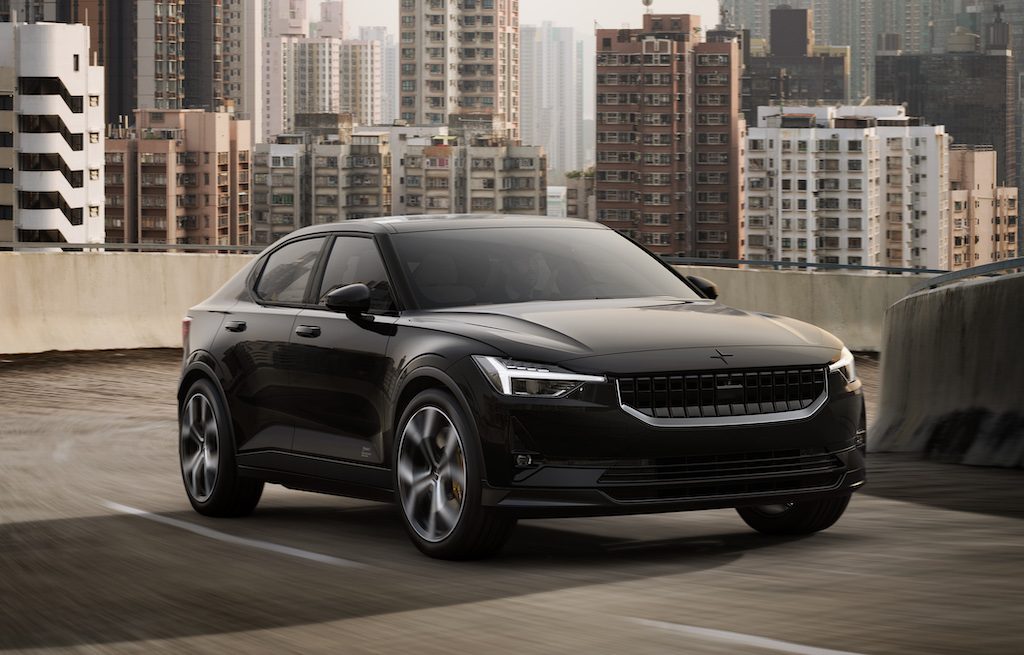
Geely Auto, which serves consumers in markets where charging infrastructure has yet to reach the level found in mature European markets, continued introducing new hybrid powertrain options in its latest models, opening the door to electrified vehicles to more consumers around the world. In urban regions with robust charging infrastructure, the brand has introduced its affordable high-tech plug-in hybrid models to great acclaim.
Lynk & Co, which opened its first Club in Amsterdam in 2020, began taking orders for its hybrid 01 model. In the European market, the brand will operate on a subscription business model offering only hybrid and electrified models, thereby promoting greener mobility.
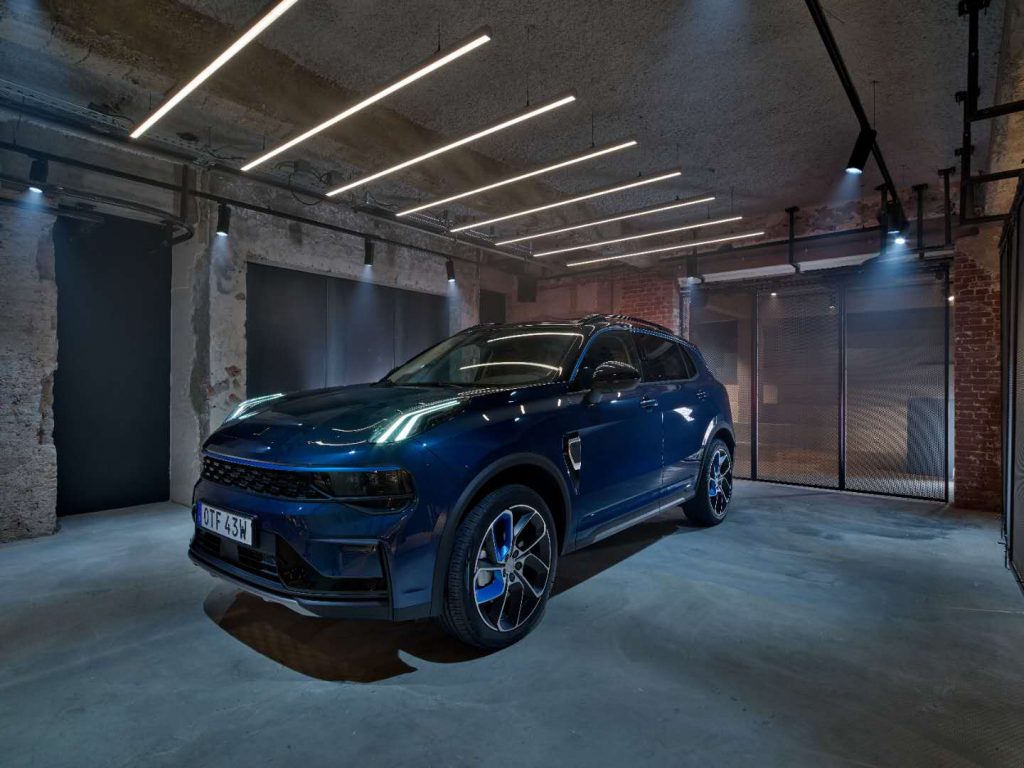
In the commercial vehicle market, Geely New Energy Commercial Vehicle Group (GCV) and its subsidiary brands LEVC and Farizon have introduced electrified commercial vehicles including zero-emission range-extended taxis and vans, pure electric light trucks, hydrogen fuel cell passenger buses, and more specialized electric vehicles. In 2020, GCV quietly began its global expansion by signing partnership agreements in European, Korean, and Middle Eastern markets.
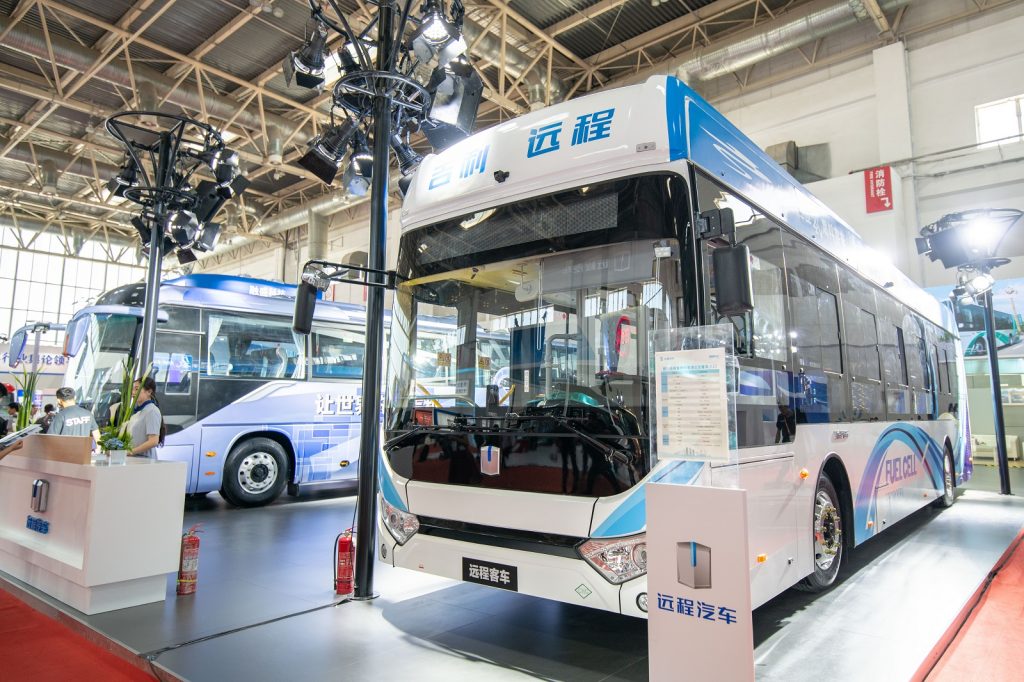
At the 2020 Beijing Auto Show, Geely Holding debuted its open-source pure electric Sustainable Experience Architecture (SEA) – a major part in the Geely’s electrified future – and previewed the first model developed on it, the Lynk & Co ZERO Concept. Open-source means the architecture is open to brands and developers all over the world, setting the stage for Geely to become a mobility technology service provider and OEM producer.
In the previous decade, Geely laid the groundwork for an electrified future. In the next decade, Geely will begin accelerating towards an electrified future. While the more than 200,000 electrified vehicles sold by the group’s brands in 2020 is evidence of the group fulfilling its commitment to a “sustainable future”, the years to follow will undoubtedly be even more promising.
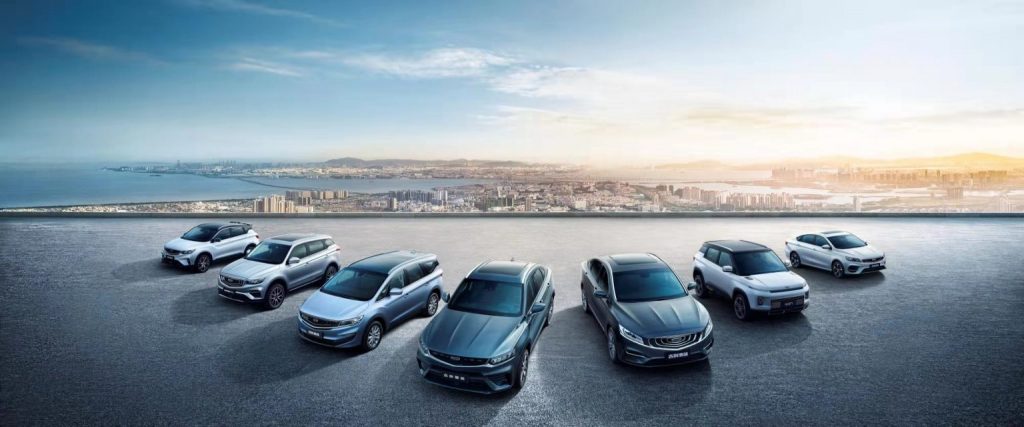

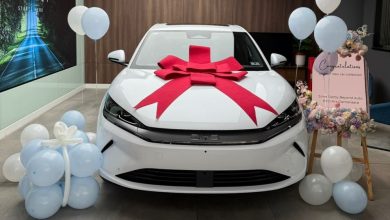
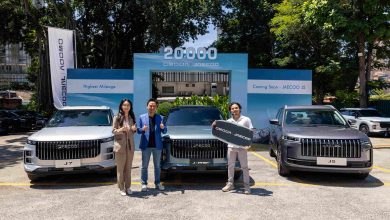


One Comment